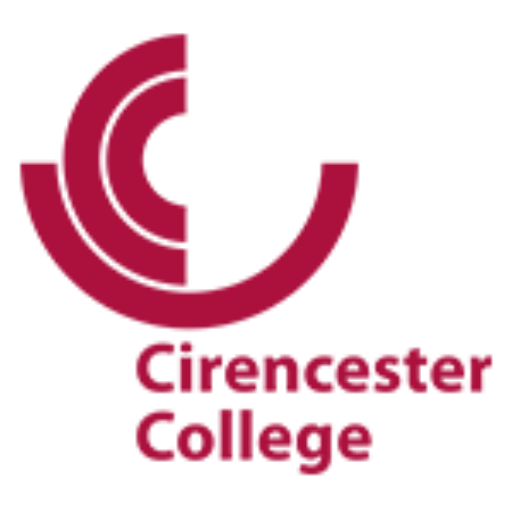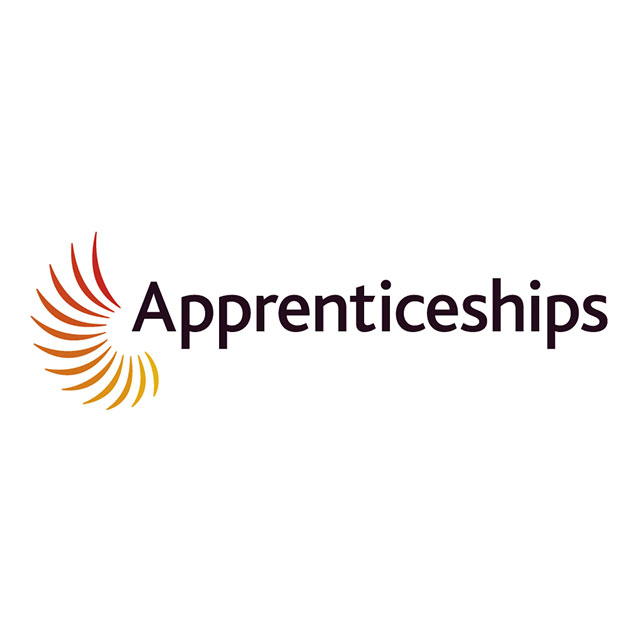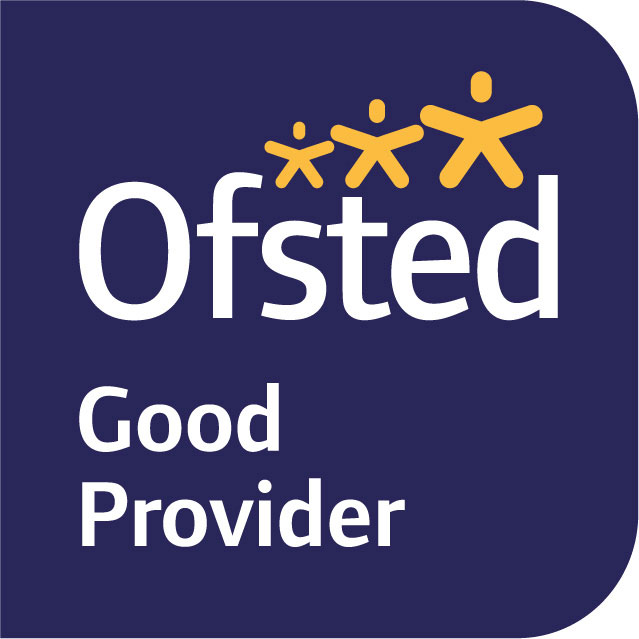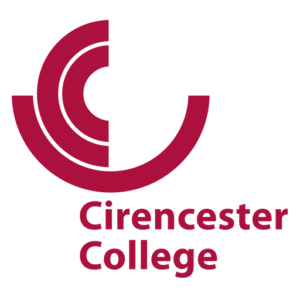DO NOT DELETE OR EDIT THIS ROW OR ITS CONTENTS

The financial services industry is one of the largest employers in the UK. It is a diverse industry covering areas such as banking, insurance, and wealth management. Money, protecting our assets and our future wealth are important to all of us. This is a fantastic industry with growing opportunities, calling for a variety of skills from its staff. This course has been designed and built by employers from the ground up to be a high-level technical qualification that’s the equivalent of three A-levels. Including all the cutting-edge real requirements for working in the modern workplace, you’ll be developing team and professional skills to get you ready for employment, as well as all the essential knowledge needed for the sector of your choice. During the course, you will be able to specialise in a number of specialisms which could include retail or investment banking.
What will I study in Finance T-level?
The business environment
The financial services sector
Careers in finance
Security and risk
Fundamentals of law & financial accounting
Professionalism and ethics
Project management and data analysis techniques
Entry Requirements
At least 5 GCSEs at Grade 4 or above from the basket subjects including Grade 4 in English Language and Maths.
What is the T-level industry placement?
The Industry Placement
Your industry placement gives you a great opportunity to put your learning into practice and develop your technical skills and knowledge for the industry your placement is in. It will help you to progress once you have finished your T-level, whether that is directly into employment, an apprenticeship, or more education.
This is a compulsory part of your T-level, and you must complete it to get your T-level certificate. You will spend a minimum of 315 hours on your placement, or 750 hours for Childcare and Education T-level students.
How will I learn?
In the classroom, you will be working independently or in groups to analyse and evaluate case studies. Or you could be researching & designing an innovative solution to a business issue, and then presenting your findings to the group. You'll also have a chance to practice your new skills in the work placement.
How will I be assessed?
2 core exams, an employer set project, and occupational specialist exams
Any trips?
There may be short or overnight trips to local & national financial services employers
Are there any costs involved?
Students are asked to supply their own laptop with MS Office loaded. You should also expect some additional small costs for course booklets, stationery and a calculator. There will also be additional trips to employers.
You will need to buy a college branded polo shirt/s £16 for work placement and occasional use in college. There are likely to be transport costs for the work placement.
FAQs
You will be practising business skills such as report writing, using numerical analytical techniques, making presentations, using digital tools such as spreadsheets, research and project management skills.
They do share many core components and you will learn similar business skills. However, Accounting is more mathematical. The Finance T-Level (depending on the pathway chosen) may focus on customer experience, risk analysis, regulatory frameworks, or wealth management.
Employment in a high street bank or building society
Insurance broker
Financial advisor
Compliance officer
Risk officer
Awarding Body
Pearson
Available As
[168 UCAS pts. available]

Add to Application
What can I do after I have taken this course?
Available As
[168 UCAS pts. available]

Add to Application

DO NOT DELETE OR EDIT THIS ROW OR ITS CONTENTS














